Strategic exit: How a local-minded approach brought Charlie Danzoll to SAS+
SAS+ Advisory Group Member Feature
The SAS+ Advisory Group provides advice on and support for influencing efforts for SAS+. They lend their specific expertise and extensive experience to strengthen SAS+ and ensure it incorporates a myriad of perspectives. Since they are so integral to our work, we want to share their valuable knowledge with you.
“My hope really is that SAS+ can become a commonly available tool that is used by the international community as a whole.”
For Charlie Danzoll, localization is not a new concept. In fact, strengthening local civil society has been a ‘critical through-line’ of his work over 30 years in the sector.
“I think it’s what all of us in many ways have been striving to achieve, which has been how do you empower local decision-making? How do you strengthen local capacity to be able to support the work?”
He joined the sector with a small non-governmental organization (NGO) in Lesotho in the 1990s, and he’s now an independent consultant focusing on management and strategy for international non-profits.
The lens of transition processes became particularly significant to Charlie seven years ago, when he began work with another larger international non-profit that was suspending operations in over 10 countries. “It was really the first time that I had worked in an environment where an organization had taken the step to close out from countries in a way that went beyond ‘pay off the contracts, pay off the vendors and we’re gonna get out of here’, to being a much more strategic and thoughtful approach.”
As part of that process, Charlie asked questions about how organizations can celebrate the work that’s been done, and ‘honor the communities that you have worked with’ long-term. “Since then, this has been part of the work that I’ve really enjoyed, and my consulting work has been supporting organizations to go through that process […] to empower the country offices and perhaps transition them into local entities.”
“That’s what brought me to SAS+ and being on the advisory board because it’s something that I believe is critical for moving forward as the sector evolves and changes in such a rapid manner.”
Charlie’s journey with SAS+ began when Search for Common Ground brought him in as a consultant to support the development of their strategy of transition.
He says, “they had decided to look at how that exit would work, whether local organizations would carry on some of the work as independent entities separate from Search. And they brought me in to help them with that process based on my experience.”
When SAS+ began, he was therefore a natural choice for the Advisory Group, adding value through his experience working with organizations shifting power to their local partners. “What I can bring is in their experiences, their challenges, especially around the critical importance of alignment of strategy and operationalising decision-making around local empowerment.”
For example, he says some organizations come to localization in a siloed way, either from a country level perspective or a programmatic perspective. But to be successful, he argues the process has to be a holistic strategy with clear alignment, vision and buy-in across the whole organization.
To address that challenge, Charlie says, “What I’ve found helpful is bringing all the key stakeholders involved into a participative process where people can be heard, and the guidance tools that SAS+ has shared have been very helpful for other organizations – from country offices, to regional teams, to headquarters as well.”
“When I found out about SAS+, I felt that these were fantastic tools for organizations. […] They’re relevant, they’re practical, they’re useful for large and small organizations. And I’ve used them in some cases with clients I’m working with and found them to be highly relevant in the sector,” he adds.
But, he says, there’s greater need for sector-wide collaboration. As the sector’s conversations about decolonisation and necessary changes to the aid architecture deepen, more and more organizations are asking the kind of questions that SAS+ seeks to address.
“Because a lot of organizations are doing this, they’re repeating some of the same problems, confronting some of the same challenges, and building tools in-house because they don’t know about SAS+ or maybe there’s too much organizational inertia preventing them branching out and learning from what others have done.”
It’s key to explore, then, how to bring these groups and research entities together to share and build on the lessons learned. Charlie argues there’s a clear opportunity for SAS+ to collaborate with those other networks and institutions that are looking to do similar work, share the expertise we’ve developed, and support the sector as a platform for learning.
Ultimately, Charlie says, “My hope really is that SAS+ can become a commonly available tool that is used by the international community as a whole.”



